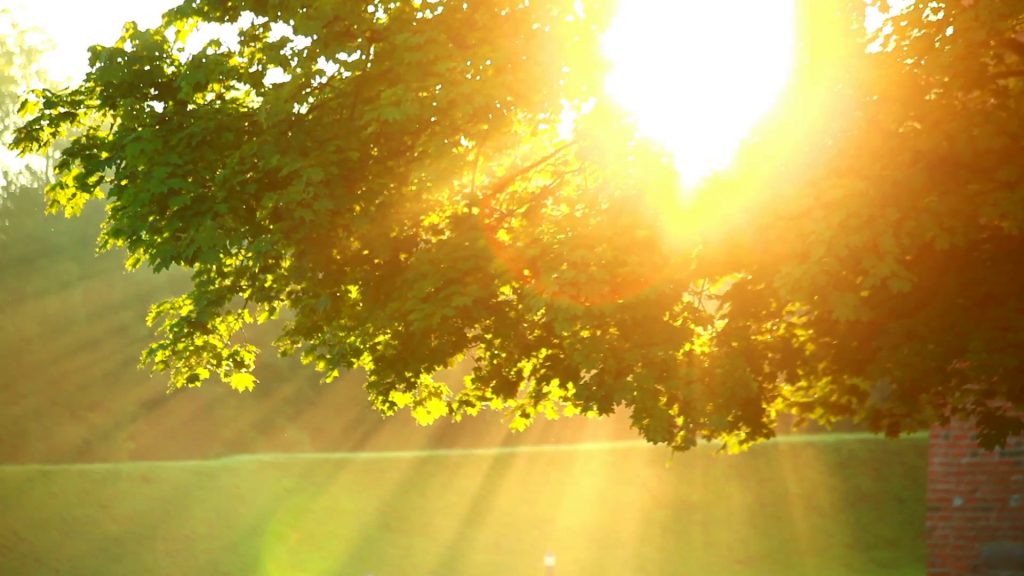Three Poems
The Verge
Reason is a fine thing, but remember there are other ways
to live: by instinct or passion, or even,
maybe, by revelation. Try it. Come around again to the verge –
that place of about-to-open, near where we comprehend
and laugh and see. Why shouldn’t something marvelous
happen to you? Take even an occasion like this:
A man reading at night looked up at the window to find
a moose looking in, interested and unafraid
with quiet dark eyes. He reports he has never been the same;
he finds the ungainly and miraculous everywhere.
He said it started the next night in the empty window
as he watched his reflection looking right back through.
He said he saw his own beauty, how even in his same old face
the quiet eyes were curious and ready to be true.
The Sea Lion Tank
For Sam
Not split, but blessed into two, the double-world creatures: skin for water,
skin for air, the rising power and swimming down.
We watched so long we disappeared from our eyes,
left only hand-prints steaming on the glass
where the sea lion’s great blue eye passed, where
the wide scar on the throat
pressed a whole length of sight.
We stood under the worn path of arc and fall
until the restless crowds had gone,
until you said I am sad.
And I who said nothing,
who held you while you cried,
find that only when you are sleeping
can I say what I mean:
My little one, we choose for all things
out of a terrible power.
But to rise in the morning
could be to lift your head from that sleep
and love each salted star for what it may bring,
just as in the tank where the kings are held,
the far sea is still awaking
the body remembers and believes.
Previously published in Annie Lighthart, Iron String (Monmouth, Oregon: Airlie Press, 2013)
Morning Song
Quiet nights don’t require repentant mornings
but I have them anyway, bare
on a rack of bones over my heart.
I have not loved the world as I should
but later will go out into it again.
Marco Polo went of his own will
and yet when he heard the desert voices
knew he had been called.
From her little cell Julian saw the world
take form and then let go
while the bells of Norwich shook
out of shadow and air. Nothing
comes from nothing, not even
for us nonbelievers.
So light presses on our eyes
and does not ask us to see.
Previously published in Annie Lighthart, Iron String (Monmouth, Oregon: Airlie Press, 2013)






